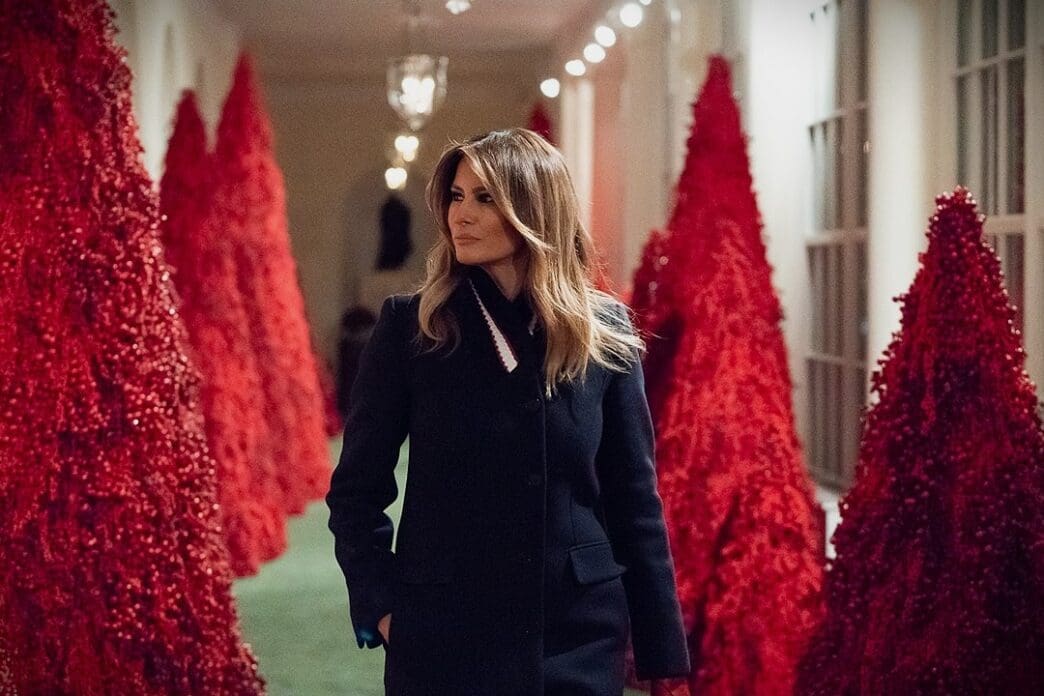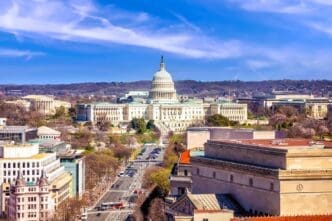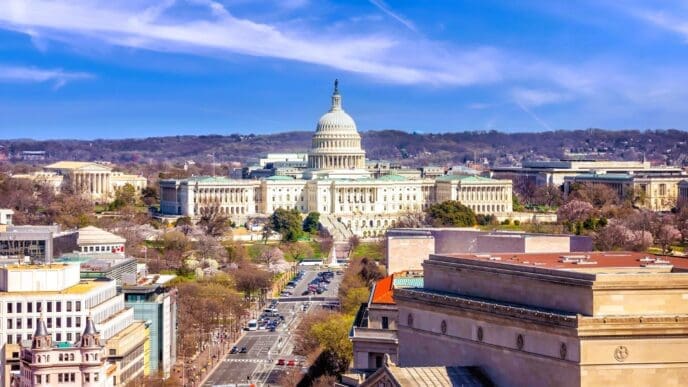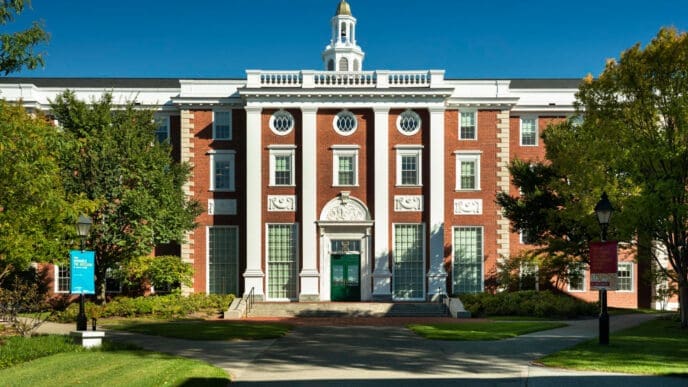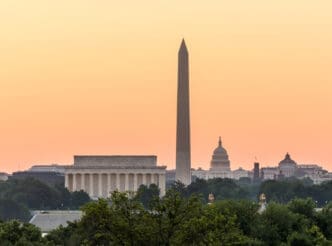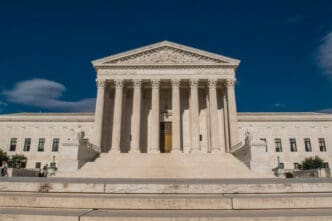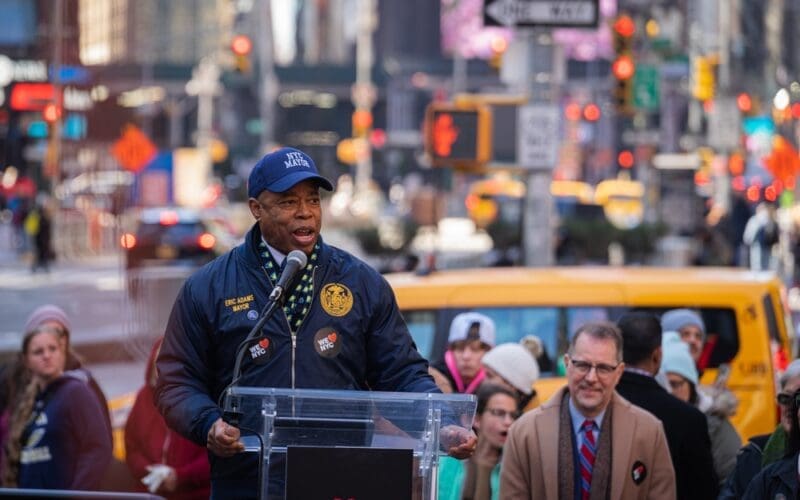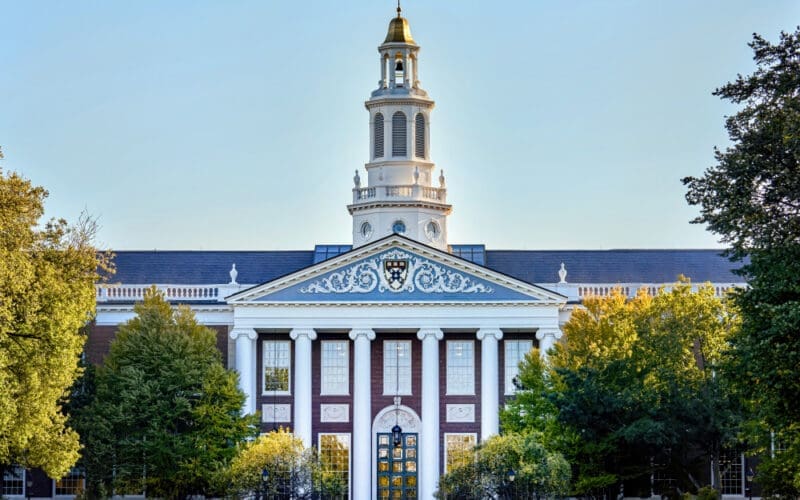Washington is reeling from two significant policy shifts that signal a new, assertive direction in cultural and social policy, both driven by the administration of President Donald Trump. In a contentious move, a Republican-led House committee has voted to rename the Kennedy Center’s prestigious Opera House the “First Lady Melania Trump Opera House.” Simultaneously, the U.S. Olympic and Paralympic Committee announced it will bar transgender women from competing in women’s sports, a direct response to a new executive order from the White House.
House Committee Approves Renaming Kennedy Center Venue
The House Appropriations Committee passed an amendment to an appropriations bill that would officially change the name of the John F. Kennedy Center for the Performing Arts’ Opera House to the “Melania Trump Opera House.” The measure advanced on a near party-line vote, sparking immediate controversy and debate.
Proponents of the change, primarily Republicans on the committee, argued the renaming is a fitting tribute to Melania Trump’s contributions and support for the arts during her time as First Lady. They pointed to her initiatives, such as the “Be Best” campaign, which included components focused on children’s well-being and exposure to culture.
This legislative maneuver comes shortly after President Donald Trump was elected to serve as the new chairman of the Kennedy Center’s board of trustees. The Kennedy Center, a living memorial to President John F. Kennedy, has historically operated with a degree of separation from partisan politics, making this move particularly notable.
Broader Implications for Arts Funding
The same appropriations bill that contains the renaming provision also proposes deep funding cuts to federal arts programs. The legislation includes significant reductions for the National Endowment for the Arts (NEA) and the National Endowment for the Humanities (NEH), two agencies that have frequently been targeted for elimination or reduction by conservative lawmakers.
Critics argue that renaming a part of the Kennedy Center while simultaneously cutting funding for the arts nationwide sends a contradictory and politically charged message. The proposed changes are seen by opponents as an attempt to politicize one of the nation’s premier cultural institutions.
Olympic Committee Overhauls Transgender Athlete Policy
In a separate but equally impactful development, the U.S. Olympic and Paralympic Committee (USOPC) has fundamentally altered its rules regarding athlete eligibility. The new policy explicitly prohibits transgender women from competing on women’s teams in sports under its jurisdiction.
The committee stated the change was necessary to comply with a recent executive order signed by President Trump. This order mandates that federally recognized sports organizations adopt such policies to, in the administration’s view, ensure fair competition in women’s sports.
The announcement was not made via a major press conference but was instead quietly published as an update to the policy section on the committee’s official website. This low-key approach has been interpreted by many as an attempt to minimize immediate backlash to the highly sensitive decision.
A Shift in a Long-Running Debate
This new rule marks a significant departure from the previous framework, which often deferred to the specific eligibility rules set by individual international sports federations. The debate over the inclusion of transgender athletes has been a complex and evolving issue in domestic and international sports for years.
Advocacy groups for LGBTQ+ rights have condemned the decision as discriminatory and harmful, arguing it politicizes sport and targets an already vulnerable population. They maintain that inclusive policies can and should coexist with fair competition. The policy change is expected to face legal challenges and will likely become a major point of contention in the lead-up to the next Olympic Games.
A Coordinated Cultural Shift
Taken together, the move to rename the Kennedy Center Opera House and the new Olympic policy on transgender athletes represent more than isolated events. They illustrate a coordinated effort by the administration and its allies to reshape American cultural norms and institutions, placing social and cultural issues at the forefront of the political agenda.
These actions demonstrate a clear willingness to use legislative and executive power to influence everything from artistic expression to athletic competition. As these policies move forward, they are certain to provoke further polarization and intense national debate over the role of government in the cultural life of the country.


